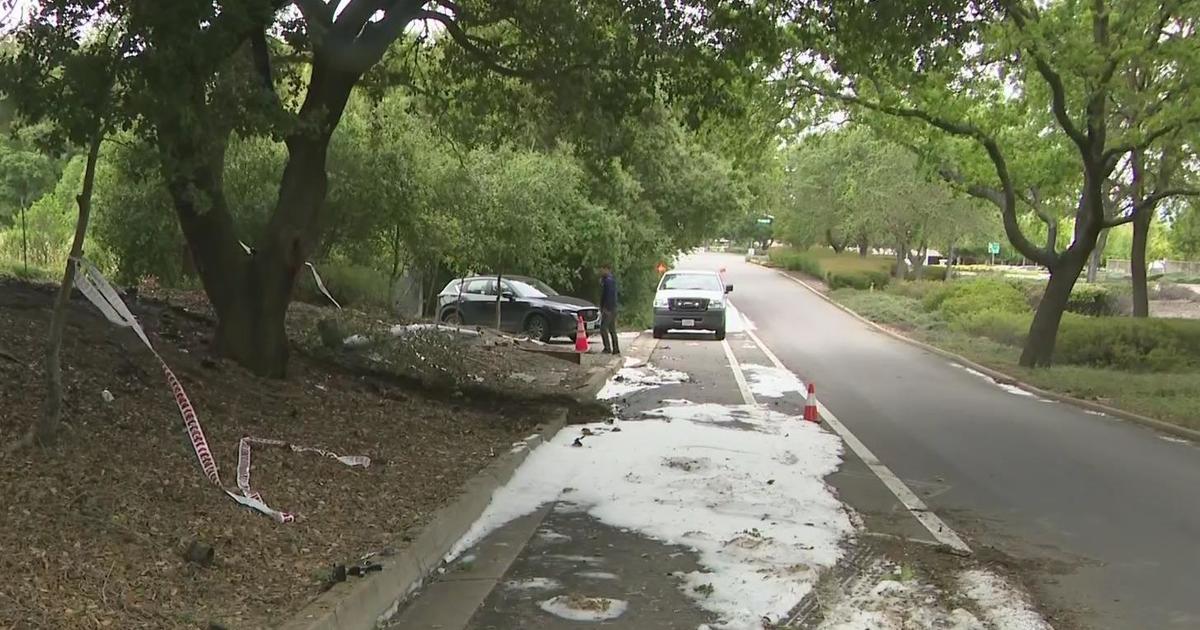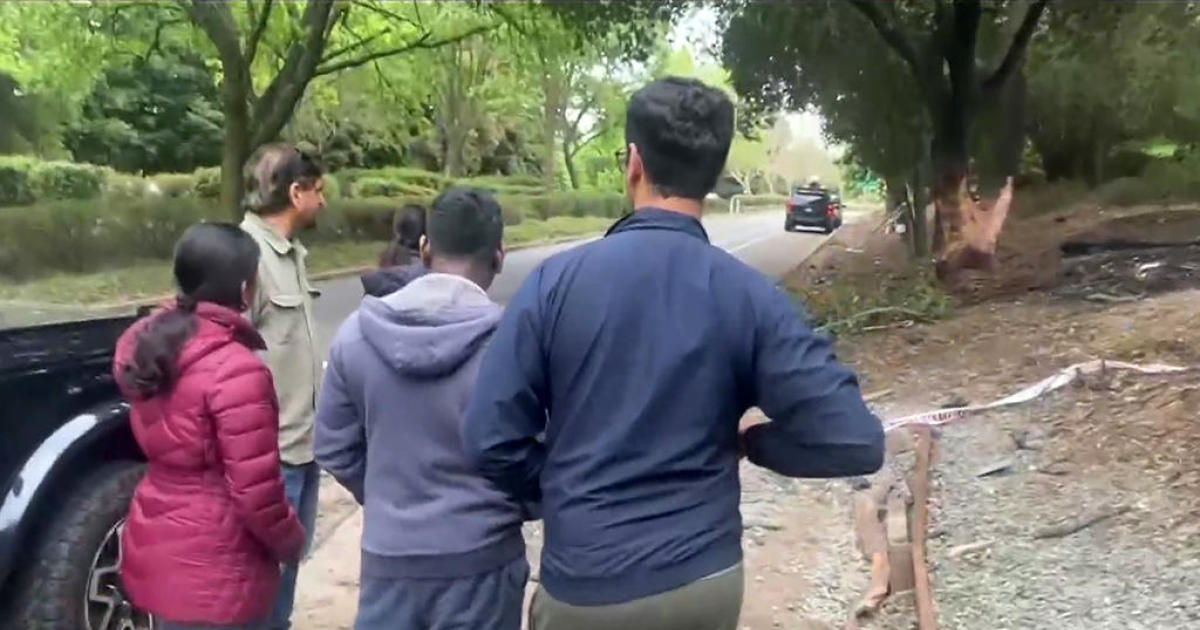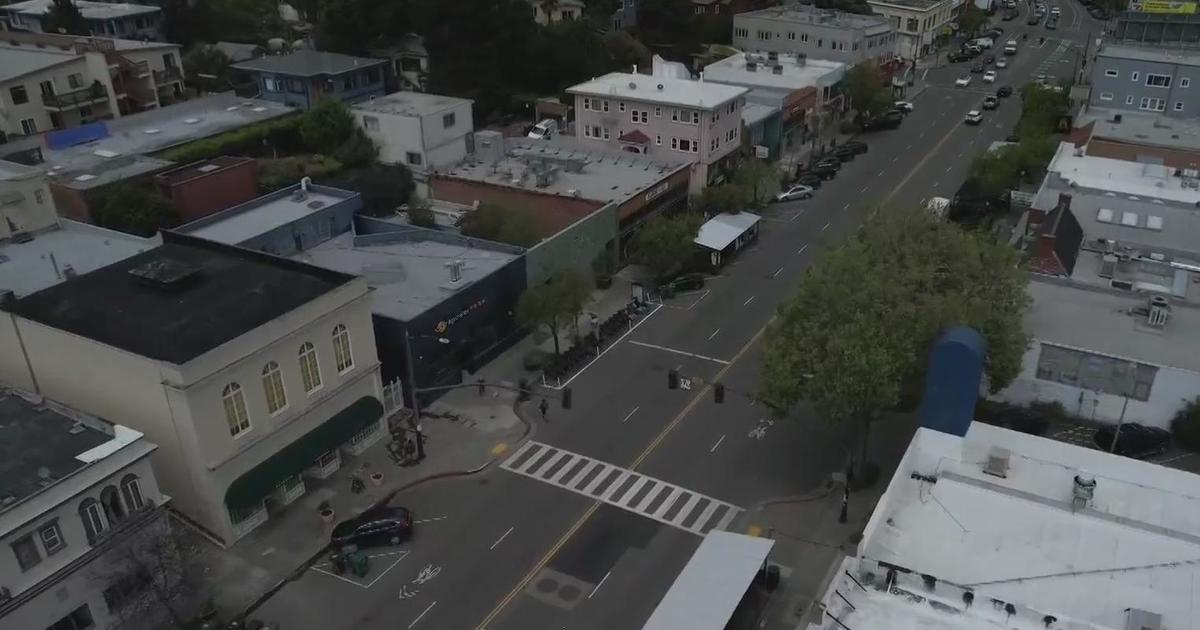California Drought: Wine Country Vineyard Struggles To Stay Afloat After Well Runs Dry
GLEN ELLEN (KPIX) - As the drought deepens, industries that rely on water are facing a desperate situation and that includes the wine regions of the Napa and Sonoma Valleys where one producer has literally run dry.
Chris Loxton, of Loxton Cellars, spends so much time in his Glen Ellen vineyard that he can spot the slightest changes in his grapevines and the news isn't good.
"At 3 o'clock in the afternoon, with the sun over my shoulder I can see the back of leaf - the leaf is turning away from the afternoon sun to minimize water loss," he said.
Vineyards across this famous wine-growing region are beginning to show signs of stress from lack of water. The fruit is smaller and so are the leaf canopies. Loxton has been purposely irrigating less to try to train his Syrah vines to push down deeper roots. He still has water, but he'll have less wine to sell this year because of what's happening at another vineyard 30 minutes to the south.
"We have no water. That's really the simplest thing," said Susan Colb, matriarch of Griffin's Lair Vineyard in Petaluma.
It supplies wineries with some of the best Syrah and Pinot Noir grapes in Sonoma, including a sizable portion of what goes into Loxton Cellars wines. But the condition of the vineyard's reservoir is startling. It's bone dry and the news only gets worse.
"We dug a well that produced nothing…so we're just…it breaks my heart," said Susan, her voice cracking.
With no water at all, the vineyard's owner, John Flynn, has made a grim decision. In order to preserve the life of the vines themselves, all the fruit will be cut off before it can ripen.
"It just saps more water out of the plant that they can't find in the earth," said Susan, "so, we just have to give them a break, let them heal for a year."
So Griffin's Lair is done for this year and the wineries that use its grapes will have to look elsewhere. Growers can still drill wells to access water, but there is a growing push by government and water agencies to regulate how much someone can take out of the underground aquifer. Loxton says growing techniques are already changing and new grape varieties will be planted This is the kind of thing that can change an entire region.
"It doesn't happen overnight," he said. "You're going to have to take 5 or 10 years to find out whether we've still maintained the quality of wines that made this area famous.



